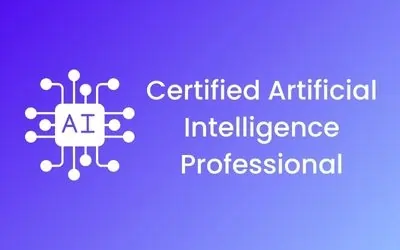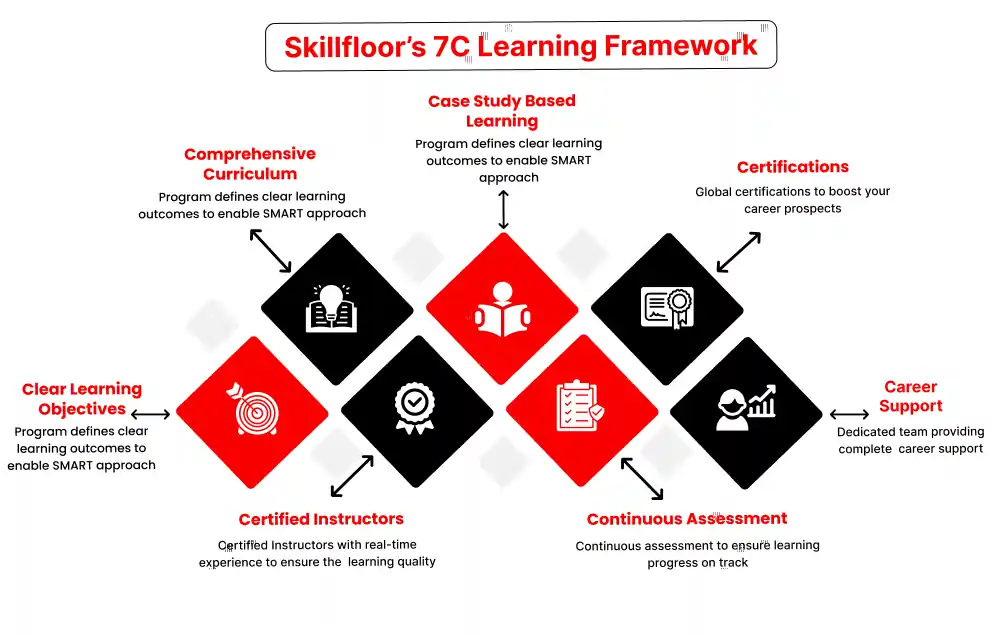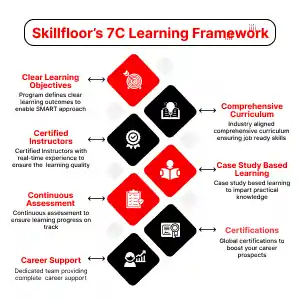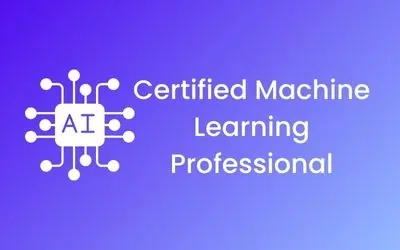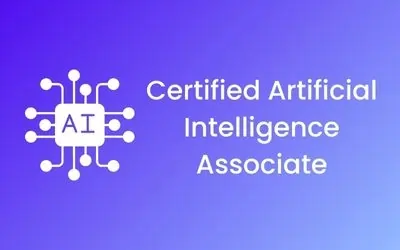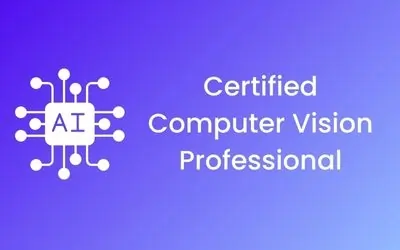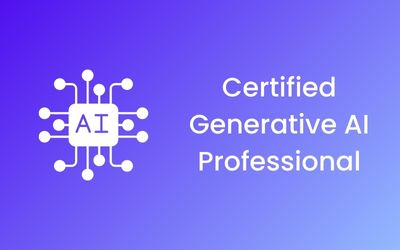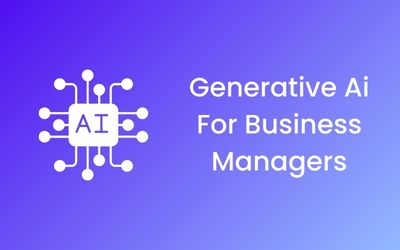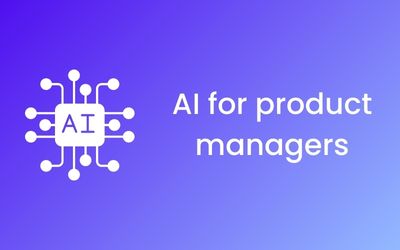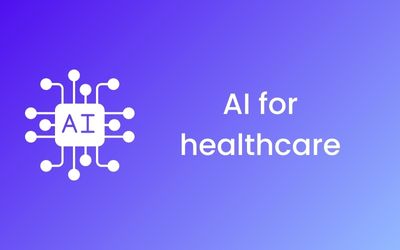Certified Artificial Intelligence Professional
SF-AI-CAIP-1215
-

-
(267 Reviews)
- Essential AI skills: Learn the fundamentals of artificial intelligence, including machine learning, neural networks, and natural language processing.
- Career training: Gain practical skills and knowledge to excel in AI-related roles across various industries.
- Internship: Apply your skills in a real work environment, gaining valuable experience and insights to kickstart your career in artificial intelligence through our One-month unpaid internship.
